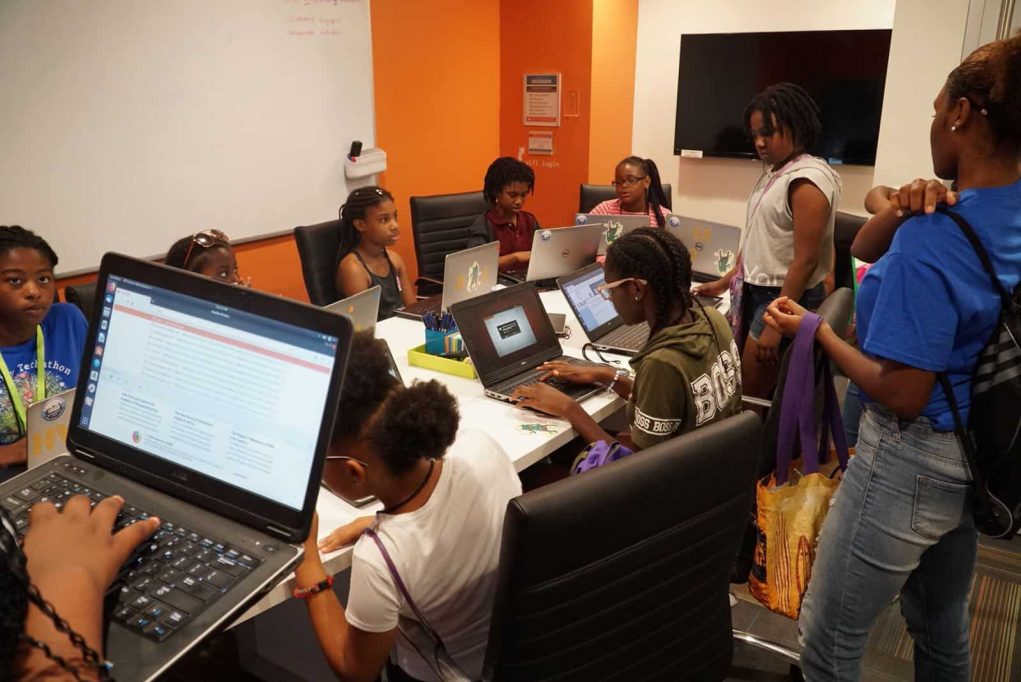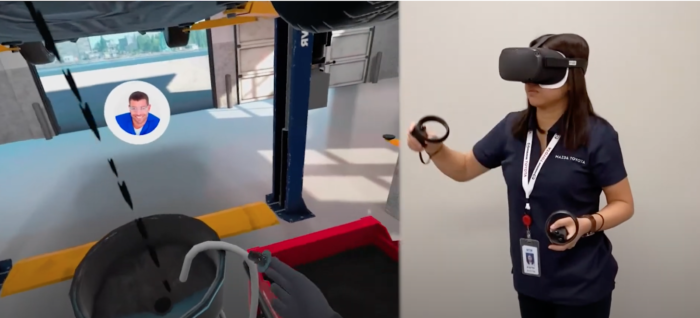Technology Enabled
An unbundled marketplace depends on technology to efficiently document and record certification of learning experiences and host a decentralized marketplace of learning experiences. Various technological innovations make this new unbundled marketplace more possible than ever.
2.1 Learner and Employment Records
2.2 Learning Experience Marketplace


Web3
An unbundled marketplace depends on technology to efficiently document and record certification of learning experiences, and host a decentralized marketplace of learning experiences.
The emergence of Web3 technology provides an opportunity to address these two challenges (although this solution is not scalable yet). The promise of Web3 is an evolution from Web1 (read only) and Web2 (read/write only) to a Read/Write/Own based on decentralized control (no one organization owns the system), blockchain verification, and frictionless interactions.
Learner and Employment Records
To address the first challenge, each learner must have a Learning and Employment Record (LER). These records, built on the distributed ledger blockchain technology, document any learning experiences where a learner has shown proficiency around a set of competencies or earned a credential or certification. Additionally, the LER tracks work experience as an employer verifies skills.
With emerging standards within credentialing and badging infrastructure that are W3C compliant, such as Open Badge 3.0 and CLR 2.0, all awarded and verified skills can be seamlessly stored and moved between wallets. As skills verification can be awarded in a non-fungible token (NFT) format, almost any digital wallet can store a record of achievement that is permanently associated with and controlled by the learner. LearnCard and GreenLight Credentials are examples of solutions that store LERs.
Within the learner record, three constituents support the system: issuer, verifier, and holder:
Learning Experience Marketplace
To address the second challenge, structures must be built to support the marketplace. A solution could be built in Web2 by a single company (imagine an online education marketplace site for creators and learners). For example, the company Odyssey has emerged to support access to a wide variety of learning experiences in the more than twenty states that support Education Savings Accounts (ESAs)—flexible policies that allow education funding to follow the learner.
Powerful Learning Experiences
We had the chance to speak with Naila Moloo, among two other hyper-curious learners, about their experience with The Knowledge Society and how extracurricular learning marketplaces can catalyze and empower learning.
Web3 provides an opportunity to avoid centralized control, increase data sovereignty for users, and support ownership and compensation for creators (learning designers). In a Web3 model, this can be achieved through a Decentralized Autonomous Organization (DAO). DAOs are distributed models of governance, with rules determined by a set algorithm and decisions controlled by the organization members. The DAO model could serve as a structure for the next generation of learning organizations (schools, universities, etc.).
For both of these challenges, self-sovereignty is important to ensure that the learner has the most control over their data during the assembly of learning experiences and verification of proficiency within each experience. With digital wallets that enable self-sovereignty:
- Only the user owns the data;
- Technology companies create building blocks rather than buildings; this means that large companies no longer own the infrastructure, just the add-ons to the infrastructure; and
- Because of the first two, learning becomes the motivator rather than simply eyeballs (advertisements).
While Web3 architecture is nascent and not yet scalable, all the functionality of decentralized systems exists and functions on a small scale. Finance, governance, digital ownership, etc. are all rapidly expanding along with the potential for use in the education sector. Unbundled learning ecosystems can take advantage of emerging Web3 technologies and dispositions to scale or build in the current Web2 model.
In this video, a snippet from our Ed3 Town Hall, Vriti Saraf describes how the shifting ethos of Web3 will also shape the culture.
Key Takeaways
Technology Enables
While technology can often garner the bulk of the attention, it’s important to remember that technology is an enabler, not a solution in itself.

Documentation and Marketplace
In an unbundled ecosystem, technology fulfills the role of both documentation and building a marketplace of learning experiences, empowering, empowering learners to own their own learning journey.

